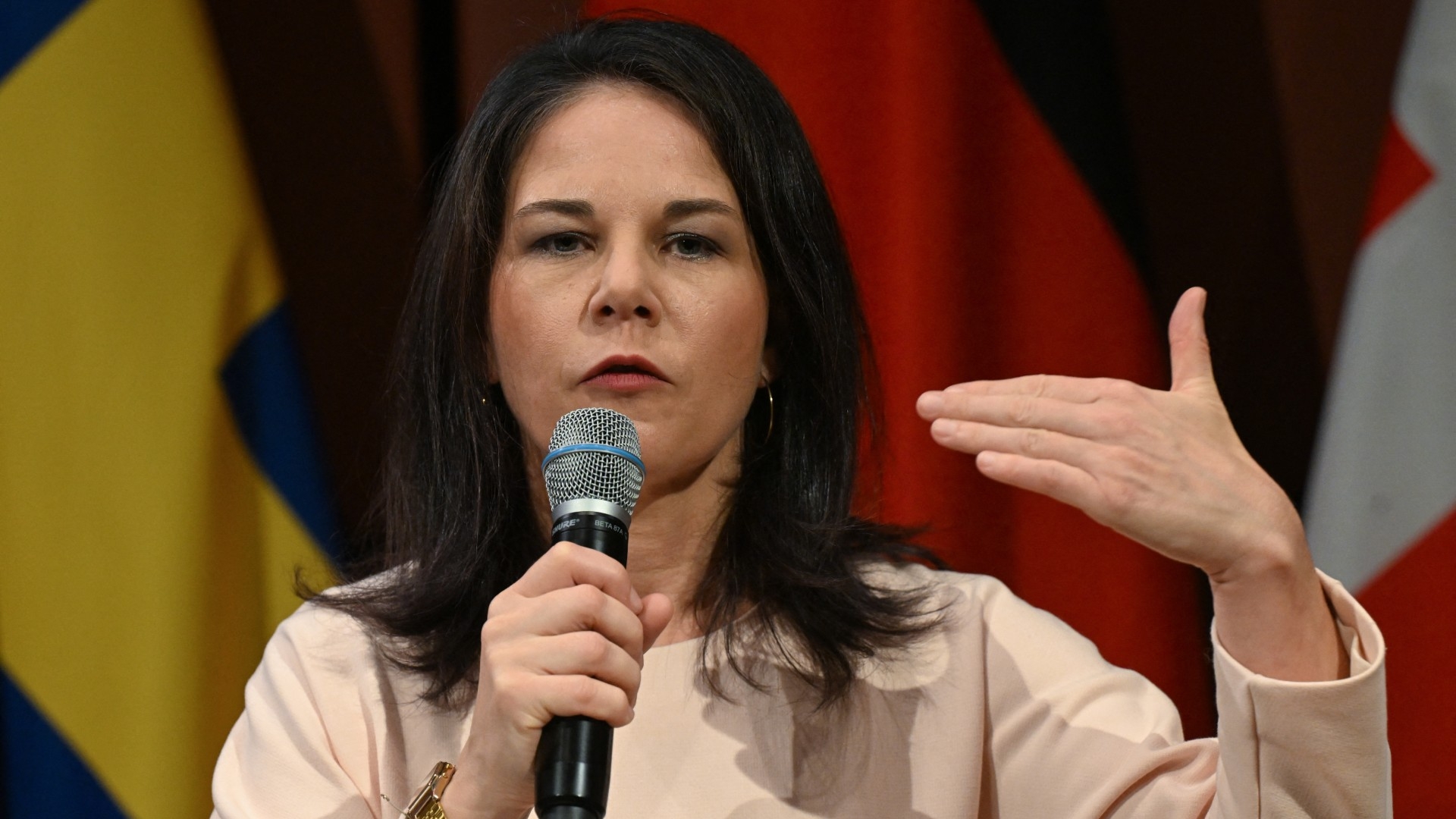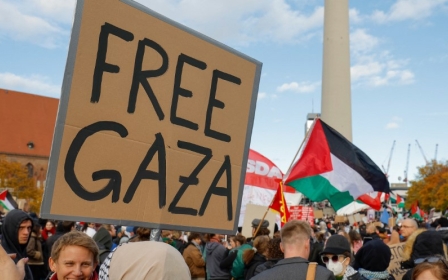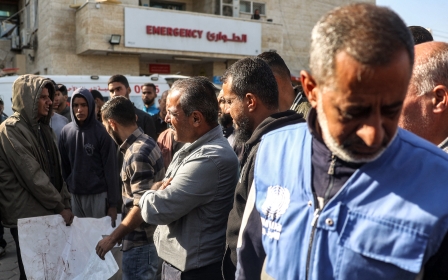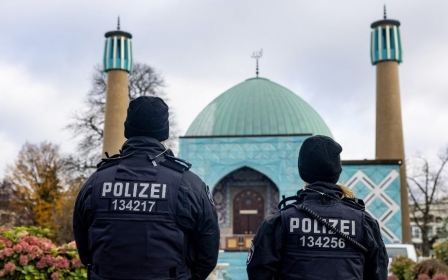Academics call on Germany's Annalena Baerbock to retract Gaza comments

Three hundred academics have co-signed a letter calling for Germany's foreign minister to retract a statement in which she suggested that civilian buildings in Gaza could lose their protected status under international law.
On 10 October, Annalena Baerbock made remarks in Germany's parliament marking the anniversary of the Hamas-led 7 October attack on southern Israel, which killed around 1,200 people.
During the speech, she said: "Self-defence means, of course, not only attacking terrorists, but also destroying them. This is why I have made it so clear that when Hamas terrorists hide behind people, behind schools, then we end up in very difficult waters.
"But we’re not shying away from this. This is why I made it clear at the United Nations that civilian sites could lose their protected status if terrorists abuse this status."
She went on to say that Germany believed in both "international humanitarian law and Israel’s right to self-defence".
New MEE newsletter: Jerusalem Dispatch
Sign up to get the latest insights and analysis on Israel-Palestine, alongside Turkey Unpacked and other MEE newsletters
The comments have since come under heavy criticism.
In a letter initiated by the Palestine Academic Group, 300 academics said Baerbock was "parroting Israel's old narrative of human shielding".
"Baerbock provides a flimsy justification for the genocidal campaign against Palestinian civilians," they wrote.
"Even if Hamas were found to be using human shields, Israel, as an attacking force, remains bound by international humanitarian law. This includes obligations to uphold the principles of proportionality, distinction, and precautions to minimise civilian casualties."
'[We reject] … attempts by politicians like Annalena Baerbock to impose no rules that aim to legitimise horrific human rights violations in war zones'
- Ibrahim Fraihat, professor
The letter added that Baerbock disregarded the fact that as an occupying power, Israel cannot invoke the right of self-defence under international law.
The academics demanded that Baerbock retract her statement and issue an apology to Palestinian civilians.
Ibrahim Fraihat, a professor who specalises in international conflict resolution, and organiser of the letter, told Middle East Eye it represented a consensus amongst academics "on the indisputable values of human life as a guiding principle during times of war".
"[We reject] discrimination, racism and attempts by politicians like German Foreign Minister Annalena Baerbock to impose no rules that aim to legitimise horrific human rights violations in war and conflict zones."
Meanwhile, a petition signed by over 18,000 people, and endorsed by a number of rights groups, has called for Baerbock to resign.
It said that Germany had provided diplomatic cover for Israeli actions in Gaza and were providing weapons that were "fuelling Israel's siege of Gaza, aiding the destruction of lives, homes, and infrastructure".
Germany has approved over $100m in military exports to Israel in the last three months, according to foreign ministry data released on Thursday.
The revelations coincided with the latest legal challenge by rights groups against the government over the use of German weapons in the besieged enclave.
The European Centre for Constitutional and Human Rights (ECCHR) filed an appeal at the Frankfurt Administrative Court on behalf of a Gaza resident, seeking to halt further arms exports.
A new survey has revealed that 60 percent of Germans oppose arms exports to Israel, with a majority of voters from the country's three ruling coalition partners supporting restrictions.
According to a poll by Forsa, 50 percent of Green Party voters opposed weapons sales, while 60 percent of Social Democratic Party supporters and 52 percent of Free Democratic Party voters also rejected continued arms exports.
Opposition was particularly high in former East Germany, where 75 percent of respondents rejected arms sales to Israel.
Earlier this month, German media reported that several German leaders had blocked the sale of weapons to Israel, despite Chancellor Olaf Scholz’s insistence that arms sales would continue.
Middle East Eye delivers independent and unrivalled coverage and analysis of the Middle East, North Africa and beyond. To learn more about republishing this content and the associated fees, please fill out this form. More about MEE can be found here.





